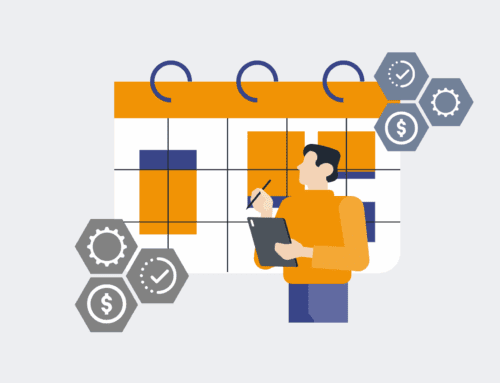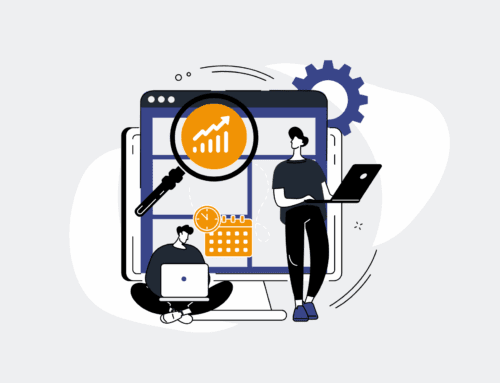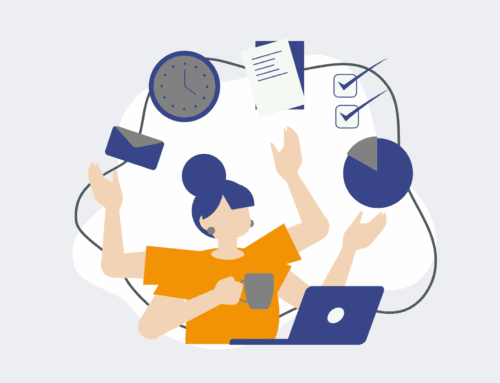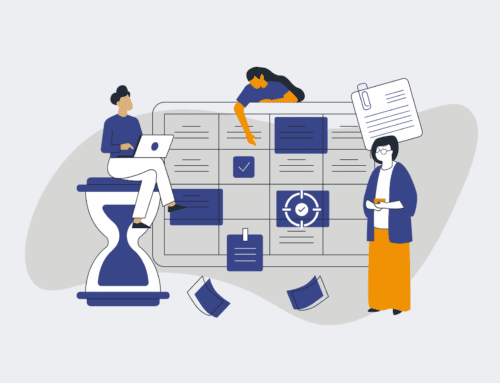The Biggest Misconceptions About AI in HR Onboarding, Debunked
In today’s fast-paced business environment, the phrase “AI in HR” often conjures a mix of excitement and apprehension. While the promise of enhanced efficiency and strategic insights is clear, the realm of HR onboarding, specifically, has become a fertile ground for a host of misconceptions about artificial intelligence. As leaders in automation and AI integration for high-growth businesses, we at 4Spot Consulting regularly encounter these myths. It’s time to set the record straight and illuminate AI’s true, transformative potential in welcoming new talent.
Misconception 1: AI Replaces the Human Touch in Onboarding
Perhaps the most pervasive fear is that AI will strip away the essential human element from the onboarding process, making new hires feel like cogs in a machine. This couldn’t be further from the truth. The reality is, AI excels at automating the mundane, repetitive, and administrative tasks that currently consume a significant portion of HR’s time. Think about it: form filling, benefits enrollment reminders, policy acknowledgments, initial IT setup requests, and introductory training module assignments. These are critical steps, but they are not where true human connection is forged.
By delegating these operational burdens to intelligent automation, HR professionals are freed to focus on what truly matters: providing empathetic support, conducting meaningful check-ins, facilitating crucial interpersonal introductions, and addressing individual new hire concerns. Our experience shows that when AI handles the grunt work, HR teams have more capacity to build rapport, mentor, and ensure new hires feel genuinely welcomed and supported. AI doesn’t replace the human touch; it empowers HR to deliver a more impactful and personalized human experience.
Misconception 2: Implementing AI for Onboarding is Too Complex and Costly
Many business leaders believe that AI integration requires a massive IT overhaul, a team of data scientists, and an exorbitant budget. While advanced AI projects can indeed be resource-intensive, modern AI solutions, especially those tailored for specific HR functions like onboarding, are far more accessible than ever before. The proliferation of low-code and no-code automation platforms means that sophisticated AI capabilities can be integrated into existing systems without needing deep technical expertise.
At 4Spot Consulting, our OpsMap™ diagnostic identifies precisely where AI can deliver the highest ROI without unnecessary complexity. We focus on strategic, phased implementations that target specific bottlenecks—eliminating human error and reducing operational costs from day one. Instead of a “rip and replace” approach, we advocate for intelligent automation that complements and enhances your current HR tech stack, delivering tangible savings and efficiency gains that quickly outweigh initial investments.
Misconception 3: AI Cannot Handle the Nuances of Personalized Onboarding
The idea that AI delivers a generic, one-size-fits-all experience is another common misunderstanding. On the contrary, AI is exceptionally good at personalization when designed correctly. By leveraging data points suchs as a new hire’s role, department, experience level, and even preferred learning style, AI can dynamically tailor onboarding content, assign relevant training modules, recommend specific colleagues for networking, and provide personalized pathways through their initial weeks.
Imagine an AI assistant that automatically schedules check-ins with relevant stakeholders based on a new hire’s progress, or proactively provides resources based on anticipated questions for their specific role. This isn’t about rigid programming; it’s about intelligent systems adapting to individual needs, ensuring each new employee receives an onboarding experience that is highly relevant, engaging, and sets them up for success from day one. AI doesn’t depersonalize; it enables hyper-personalization at scale.
Misconception 4: AI Perpetuates Bias in Hiring and Onboarding
The concern about AI introducing or amplifying bias is a valid one, rooted in historical examples where flawed data or algorithms led to discriminatory outcomes. However, the misconception lies in believing this is an inherent, unavoidable flaw of AI in onboarding. With careful design, diverse data sets, ongoing monitoring, and human oversight, AI can actually be a powerful tool for *reducing* bias.
AI can standardize the onboarding process, ensuring every new hire receives the same foundational information, opportunities, and resources, regardless of unconscious biases that might exist within a human-led process. By flagging inconsistencies or patterns that might indicate bias in task assignments or resource allocation, AI provides a data-driven layer of accountability. The key is transparency, continuous auditing of algorithms, and prioritizing ethical AI development—principles that are central to our strategic approach at 4Spot Consulting.
The Unmistakable Advantage: Reimagining Onboarding with AI
When these misconceptions are debunked, the true strategic value of AI in HR onboarding becomes brilliantly clear. AI isn’t just a fancy tool; it’s a catalyst for a more efficient, engaging, and equitable onboarding journey. It accelerates time-to-productivity, boosts new hire satisfaction and retention, and frees your HR team to become strategic partners in your organization’s growth. By eliminating the administrative drag and embracing intelligent automation, businesses can transform onboarding from a mere formality into a powerful first impression that drives long-term success.
If you would like to read more, we recommend this article: The Intelligent Onboarding Revolution: How AI Drives HR Excellence and New-Hire Success









